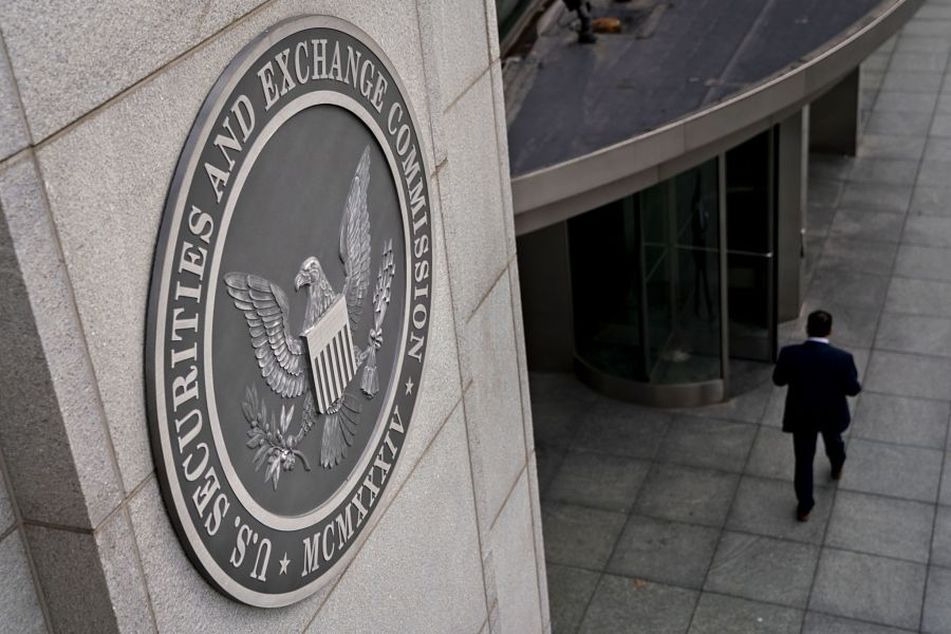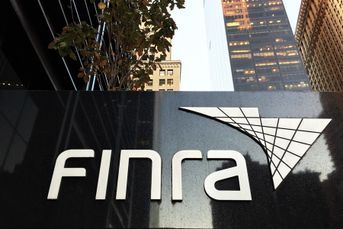Crown Capital prepares for $1.38 million SEC penalty

The broker-dealer is potentially facing a penalty from the Securities and Exchange Commission due to sales of high-fee mutual funds. The regulator launched its Share Class Selection Disclosure Initiative in February 2018.
Crown Capital Securities, a midsize broker-dealer with 350 financial advisers, is potentially facing a $1.38 million penalty from the Securities and Exchange Commission due to sales of high-fee mutual funds, according to a recent filing with the SEC.
The SEC launched its Share Class Selection Disclosure Initiative in February 2018 to target advisory firms that recommended high-fee mutual funds — those that charged 12b-1 fees kept by the firms — without telling clients that less expensive share classes were available in the same funds.
“The SEC is investigating the receipt of certain fees charged to customers when making certain share class transactions that may have a conflict of interest,” according to Crown Capital’s latest audited financial statement, filed with the SEC in March but only recently available online. “The SEC claims clients were placed in a more expensive share class of mutual fund and that their advisers received 12b-1 fees without proper disclosure.”
Darol Paulsen, CEO and owner of Crown Capital Securities, did not return calls Wednesday to comment. The firm is based in Orange, California.
The SEC is seeking disgorgement, interest and penalties of $1.38 million, according to the SEC filing. Management is considering a settlement and last year boosted reserves by $823,000.
Million-dollar fines and penalties by the SEC or other regulators are particularly onerous for small to mid-sized broker-dealers like Crown Capital. The firm reported total revenue in 2020 of $48.9 million; the discussed mutual fund penalty would be roughly 2.9% of the firm’s annual revenues.
The initiative has drawn criticism from the brokerage industry, trade associations and other representatives, who have accused the SEC of what they call “regulation by enforcement.” They claim the SEC never explained its disclosure standard before launching the initiative.
In various public appearances, SEC staff has pushed back, arguing that the fiduciary duty to disclose 12b-1 fees should have been clear all along. The violations usually involved brokerage affiliates of investment advisory firms.
Learn more about reprints and licensing for this article.







